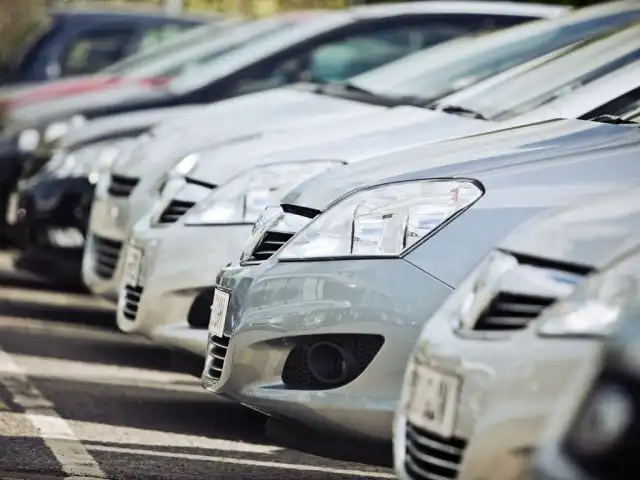
Business Contract Purchase: What Is It?
Business Contract Purchase is a flexible, business only, finance plan for obtaining a vehicle. Terms and conditions vary between providers so each offer has to be considered on merit - but there are trends. The contract typically lasts 24 to 48 months and includes a mileage limitation. The vehicle is paid for via a deposit that precedes fixed monthly instalments. The plan might – often for an additional fee – include servicing and maintenance (including tyres / battery). At the end of the contract the vehicle can be returned or purchased. It appears on the customer's books as an asset so part of the cost can be off-set against taxable income.
Business Contract Purchase: How Do The Payments Work?
The finance provider establishes the vehicle's current value. Let us say £25,000. The customer then chooses a contract period of (say) 36 months and sets a mileage limit of 50,000. The provider then predicts that the vehicle will be worth (say) £12,000 at the end of the term. It is that £13,000 difference – which is essentially the vehicle's depreciation – that is paid via the monthly instalments and the deposit. The deposit typically totals 1, 2 or 3 months rent. The total cost of the contract can be influenced by the customer. Increasing the length of the term to 48 months, for example, ensures the vehicle will be worth less when it is returned. This is reflected by the monthly payments and deposit.
Business Contract Purchase: What Happens At The End Of The Term?
The customer has options at the end of the contract. As always, check the terms and conditions for the specifics. The first is to purchase the vehicle outright. The price is the predicted value from the start of the contract (£12,000 in our example). The alternative is to return it. The vehicle should be presented in reasonable condition for its age and mileage. What defines reasonable is set-out at the beginning of the contract. There is fair allowance for wear and tear, of course. However, if the vehicle is below standard the customer has to pay for the remedial work. There is mileage to consider too. If the vehicle has exceeded its limit there is a charge. It is normally several pence per-mile.
Business Contract Purchase: Additional Notes
- Vehicle Excise Duty might be included for the first year (road tax).
- A second-hand vehicle can be obtainable.
- Depreciation is not a concern as the vehicle can be returned.
- The initial financial outlay is small/modest.
- Fixed payments make it easy to plan future expenditure.
- Unlike a bank loan – that requires monthly payments to cover the entire value of the vehicle – Business Contract Purchase monthly payments only cover depreciation. The remaining cost only has to be paid if the vehicle is bought at the end of the contract.




